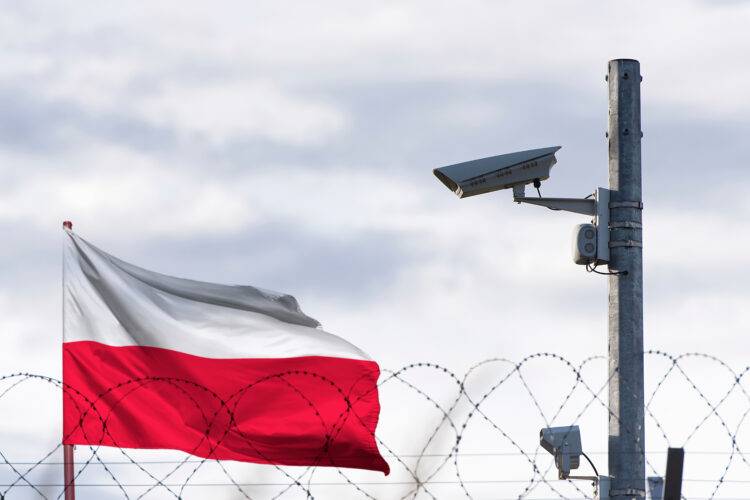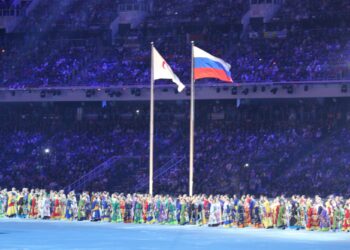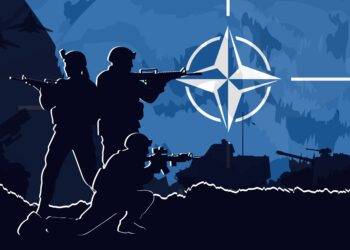Poland has shut all border crossings with Belarus indefinitely, citing heightened security concerns tied to major joint military exercises by Russia and Belarus and a recent breach of Polish airspace by Russian drones.
The unprecedented closure, announced in the early hours by Interior Minister Marcin Kierwiński at a press conference in the eastern border city of Terespol, immediately suspended the movement of people and goods across the Poland-Belarus border. “This traffic will resume, but only when we are sure that the safety of Poles is guaranteed, that we are not threatened by any provocations or aggressive behavior,” Kierwiński said. He stressed that the decision has no set timeframe and crossings will remain closed “until further notice,” pending ongoing security assessments.
The shutdown, first signaled by Prime Minister Donald Tusk on Tuesday, comes on the eve of the Zapad 2025 military exercises—large-scale war games held every four years by Russia and Belarus. Scheduled to run September 12-16, the drills are watched closely by NATO and are often accompanied by regional tensions and fears of possible provocations on alliance borders.
Tusk and senior officials pointed to the latest Zapad maneuvers, as well as multiple reported incursions by Russian drones into Polish airspace during attacks on western Ukraine, as justification for the heightened security measures. The Polish government condemned the drone breach as a “serious escalation” by Moscow.
Poland’s interior ministry described the border closure as serving dual purposes: protecting national security and imposing financial pressure on Belarus, Russia’s close ally. Officials said cutting off flows of people and goods would help counter what they allege are Minsk’s attempts to weaponize migration against Poland and the European Union.
The restrictions apply not only to passenger vehicles but also to freight trains, causing significant disruption for travelers and businesses accustomed to regular cross-border activity. Officials emphasized that security remains the overriding priority.
Analysts note that Zapad—meaning “West” in Russian—is the largest regular military exercise held by the two allies and is likely to probe NATO’s eastern flank. Poland has responded by deploying 40,000 troops along its border for the duration of the drills, signaling a firm stance amid increased regional anxiety.
The government has not indicated when the border may reopen but said conditions would be continually monitored. For now, the move underscores Poland’s position on the front lines of European security during a period of rising military and political tensions in Eastern Europe.


















